Architects: OLGGA Architects / Alice Vaillant, Guillaume Grenu, Nicolas Le Meur
Location: Grande Synthe, France
Client: City of Grande Synthe
Engineering: Sogeti ingénierie
Acoustic: Abe acoustique
Project Year: 2011
Project Area: 2,433 m²
Upon its Grand Opening September 4, 2011, the Stadium du Littoral, constructed in Grande Synthe, is the first facility north of Paris integrating five athletic disciplines under one roof. Designed by OLGGA Architectes, this athletic complex includes stadium seating for 617, two club houses, locker rooms, a community recreation room and administrative offices.
This Stadium du Littoral, provided for the town’s 4000 members, also has three rugby fields, two football fields, an archery round, a running track, a 1300m cycling ring, and soon-to-be-completed BMX track. Built on 12 hectares in the Basroch neighborhood, the building is indeed a visible architectural beacon, marking the major vehicular (interstate) entrance into the city. This pared-down building with program-induced volumes stands up against the horizon, this skyline of shadows reveals the omnipresent nature of the landscape.
The project was elaborated from a simple parallelogram monolith, responsive to the specific technical requirements established by the client. This compact form is “hollowed out” in key places to accommodate bleachers and club houses. These excavations respond to the desire for high-visibility manifest in each sport. The stadium is not mono oriented toward a specific field, rather it opens itself onto all athletics in their collective. The base, the roof and the covered terrace form a single, unified entity. The subdued choice of materials, and their inherent characteristics guarantee the durability of the structures and ease of maintenance. The base of the Stadium, in sealed concrete, houses the collective rugby and soccer facilities as well as administrative offices, sauna and weightlifting rooms. The satiny appearance of the seal creates an ever-changing appearance, depending on the amount of sunlight.
On the upper level, the hollowed-out components are of a lighter color. The rugby and cycling clubhouses are situated in-between. These glass boxes take advantage of panoramic views of the site. The clubhouses are defined by a double skin system, composed of glass panels, interstitial space and stretch-mounted micro-perforated fabrics. In addition to providing optimal thermal control, this layered filter system also allows spectators to take in an event without being seen from the playing field.
With privacy and comfortable spectatorship for club members, these club houses are ideal places for conviviality and discussion.
Between these two programmatic elements, a spacious covered terrace offers an inspiring view of the site. The space is devoid of structural constraints. The load-bearing structure, cleverly hidden behind the canvas, takes the backseat to the simple graphic purity of the event-canvas. The metal superstructure hovers and allows light and air to penetrate. The terrace is a communal space for everyone. This terrace is accessible directly from the stands or via the pedestrian bridge that cantilevers the track to the north of the site. This complimentary access point allows the public to enter the building without disturbing cycling competition under-way. The stands are nestled in the lighter-colored excavated portion, bestowing the ensemble with a singular elegance.
Our own strategies of sustainability combined with the client’s respect for ecology, culminated in a building that is at the forefront of environmental responsibility. The Stadium du Littoral realizes significant energy savings. Built to the stringent THPE 2005 standards (eq. LEED – Leadership in Energy Efficient Design), the stadium is made of durable materials. Reinforced insulation, two heat pumps and an alternate flow ventilation system avoid heat loss. The interior utilizes low emission lighting.
700 sqm of photovoltaic panels built into the roof produce electricity sold back to the grid. This strategy allows for a significant reduction in operating costs. Additionally, 40 sqm of solar panels cover 50% of hot water energy requirements. The system for energy production will soon be completed by the installation of a wind turbine to the north of the site. The Stadium is also equipped with a rainwater storage system. A cistern of 8 m3 capacity provides water for toilets and cleaning. At full build-out, the Stadium Littoral will become a carbon positive leader in the family of public projects that produce more energy than they consume.
- Stadium du Littoral – OLGGA Architects – France
- Stadium du Littoral – OLGGA Architects – France
- Stadium du Littoral – OLGGA Architects – France
- Stadium du Littoral – OLGGA Architects – France
- Stadium du Littoral – OLGGA Architects – France
- Stadium du Littoral – OLGGA Architects – France
- Stadium du Littoral – OLGGA Architects – France
- Stadium du Littoral – OLGGA Architects – France
- Stadium du Littoral – OLGGA Architects – France
- Stadium du Littoral – OLGGA Architects – France
- Stadium du Littoral – OLGGA Architects – France
- Stadium du Littoral – OLGGA Architects – France
- Stadium du Littoral – OLGGA Architects – France
- Stadium du Littoral – OLGGA Architects – France
- Stadium du Littoral – OLGGA Architects – France
- Stadium du Littoral – OLGGA Architects – France
- Stadium du Littoral – OLGGA Architects – France
- Stadium du Littoral – OLGGA Architects – France
- Stadium du Littoral – OLGGA Architects – France
- Stadium du Littoral – OLGGA Architects – France
- Stadium du Littoral – OLGGA Architects – France


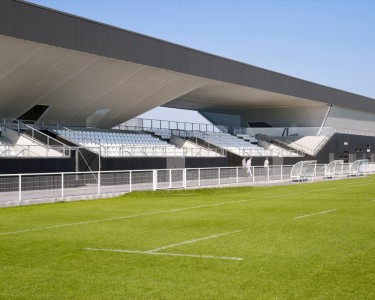
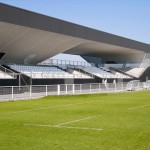








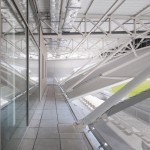
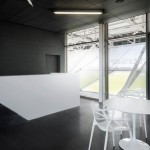
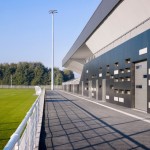
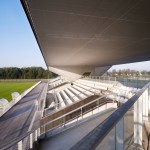
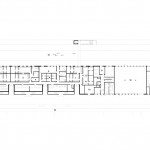

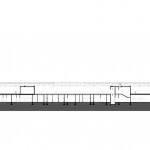
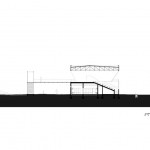
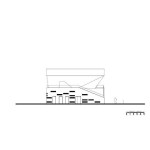
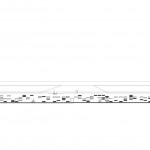


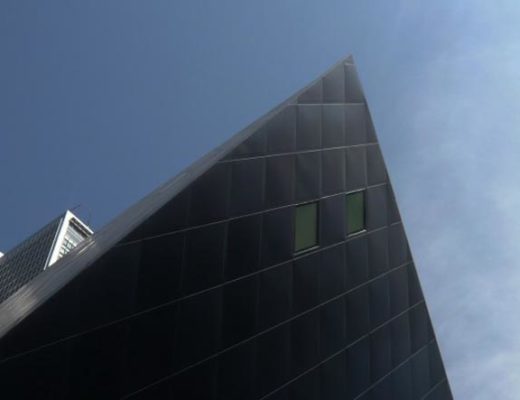


No Comments